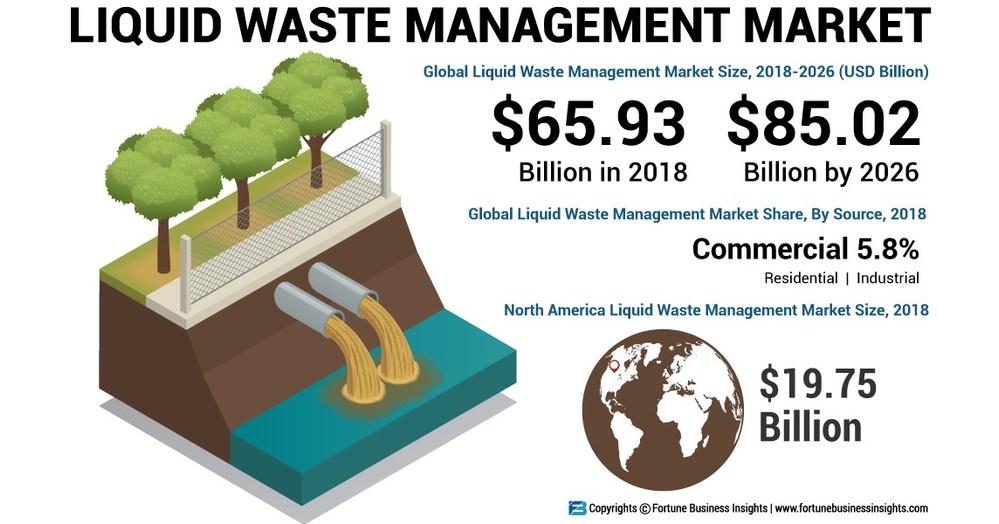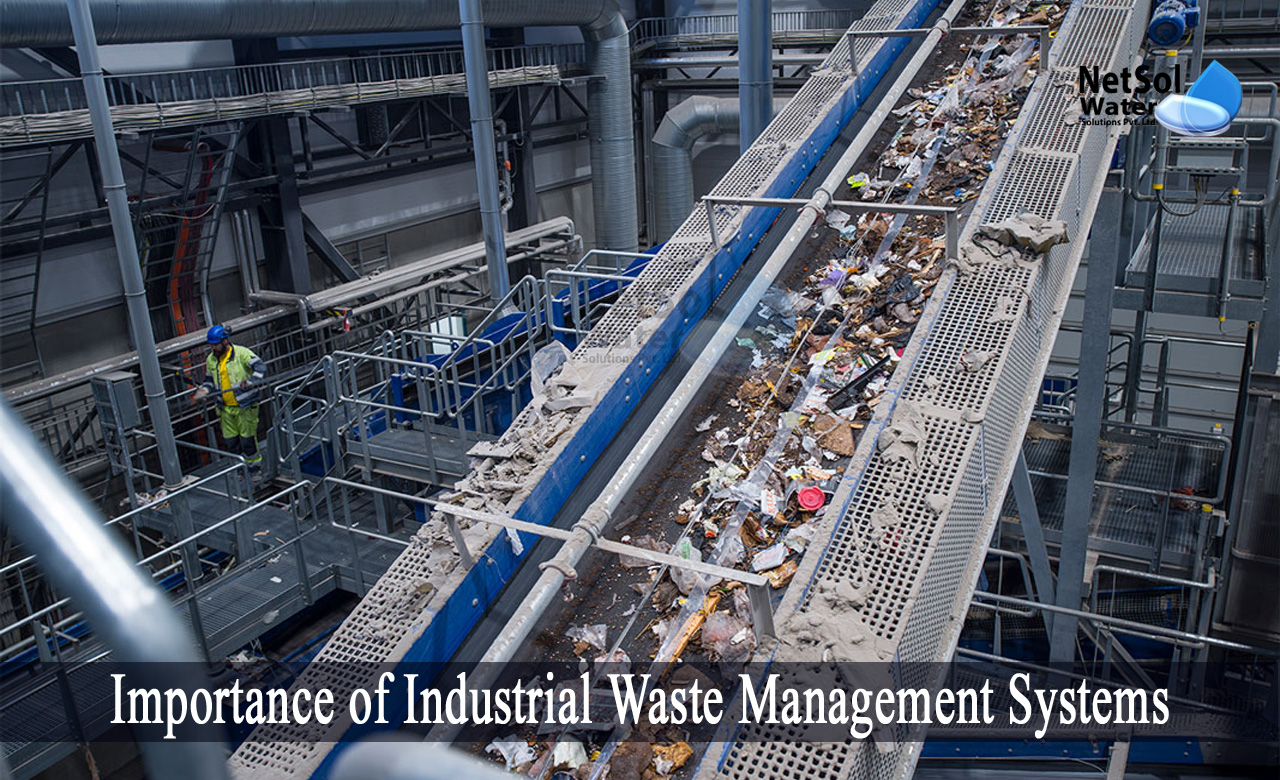The Definitive Guide for Reclaim Waste
The Definitive Guide for Reclaim Waste
Blog Article
Reclaim Waste Things To Know Before You Get This
Table of ContentsThe Best Guide To Reclaim WasteLittle Known Questions About Reclaim Waste.The Ultimate Guide To Reclaim WasteUnknown Facts About Reclaim WasteReclaim Waste Can Be Fun For Everyone
Discover the types, events, and kinds of fluid waste. Residential sewage waste refers to the waste and items from a household septic system. This kind of waste is developed by human beings in homes, colleges, and various other structures. This only consists of septic systems that have a drainpipe area. The proper management and disposal of domestic sewer waste call for liquid waste to be moved to a sewer treatment plant where the correct techniques and equipment are applied to cleanse and get rid of waste.
Business waste often consists of possible threats, such as flammable products or a blend of fluid and solid waste products, and requires an advanced and comprehensive disposal procedure. The disposal of commercial waste usually includes the filtration of waste prior to transportation to make sure secure and appropriate disposal. Hazardous waste is developed from results and drainage of commercial procedures and production.
This sort of waste can not use the very same sewage management transport or processes as septic or commercial liquids. The commercial waste administration procedure requires the inspection and testing of fluid waste prior to it undergoes the disposal procedure (liquid waste disposal melbourne). Runoff waste is the liquid waste that originates from drainage and excess stormwater in extremely populated locations or cities
Drainage waste can cause contamination and flooding otherwise taken care of appropriately. Discover more concerning drain cleansing and waste administration. Making sure correct waste administration can stop catastrophes and lower ecological damage. Both individuals in domestic setups and professionals in business or production markets can take advantage of understanding the procedures and regulations of fluid waste administration.
Things about Reclaim Waste
Get in touch with PROS Services today to discover our waste monitoring and disposal services and the appropriate methods to take care of the fluid waste you create.
(https://www.kickstarter.com/profile/reclaimwaste1/about)This so-called 'wastewater' is not just an essential source but, after treatment, will be launched to our land, rivers or the sea. Utilized water from bathrooms, showers, baths, cooking area sinks, laundries and commercial procedures is recognized as wastewater.

water made use of to cool machinery or tidy plant and devices). Stormwater, a type of wastewater, is runoff that moves from agricultural and metropolitan locations such as roofing systems, parks, gardens, roadways, courses and seamless gutters right into stormwater drains, after rainfall. Stormwater flows neglected directly to local creeks or rivers, eventually getting to the ocean.
Getting The Reclaim Waste To Work
In Queensland, many wastewater is treated at sewage therapy plants. Wastewater is moved from domestic or industrial websites via a system of drains and pump terminals, understood as sewerage reticulation, to a sewer therapy plant.
The Department of Natural Resources advises local governments concerning managing, operating and maintaining sewerage systems and treatment plants. In unsewered locations, city governments might call for householders to set up individual or family sewage treatment systems to treat residential wastewater from commodes, cooking areas, restrooms and washings. The Division of Natural Resources authorises the usage of house systems when they are confirmed to be efficient.
In some brand-new neighborhoods, therapy of some stormwater to remove litter, sand and crushed rock has begun making use of gross pollutant catches. Wastewater treatment takes place in four phases: Gets rid of strong matter.
Wastewater then flows right into big containers where solids work out and are removed as sludge. Grease and scum are skimmed from the surface. Makes use of little living organisms knows as micro-organisms to break down and remove staying dissolved wastes and great bits. Micro-organisms and wastes are integrated in the sludge. Eliminates nitrogen and phosphorus nutrients that could trigger algal flowers in our rivers and endanger water life.
Some Of Reclaim Waste
Nutrient removal is not available at all sewer therapy plants due to the fact that it calls for pricey specialized equipment. Clear liquid effluent generated after therapy may still include disease-causing micro-organisms - liquid waste removal.

This generally means wastewater has to be treated or contaminants eliminated before it can be released to waterways. Most wastewater flows into the sewerage system. Under the Act, city governments provide authorizations and permits for environmentally appropriate tasks (ERAs) entailing wastewater launches that may have a regional influence. The division provides approvals and permits to Ages entailing wastewater releases that might have a local or statewide influence.
Reclaim Waste - Questions
Otherwise, examples are considered lab analysis. Often numerous tests are required to develop the levels of each of the various pollutants such as oils, heavy metals and chemicals in water. Monitoring offers accurate info about water top quality and can validate that permit problems are being satisfied. The details obtained through tracking supplies the basis for making water high quality decisions.
Report this page